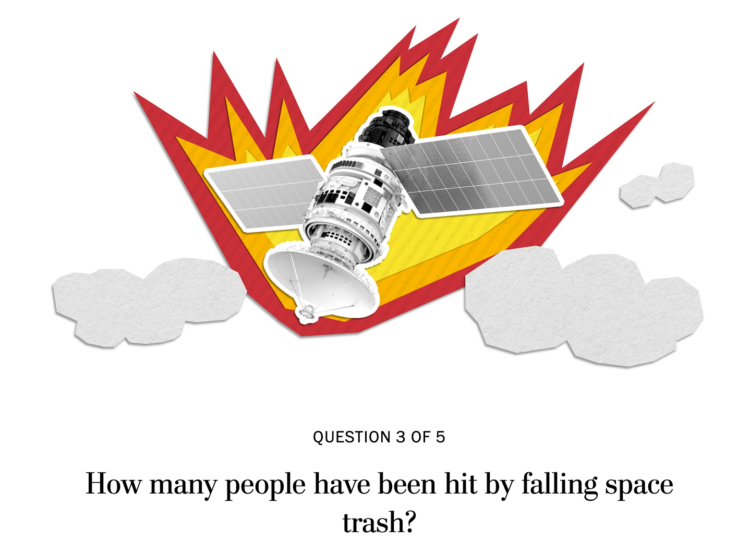Researchers at the University of Tübingen are studying crows’ abilities to understand statistical inference. For Ars Technica, Kenna Hughes-Castleberry reports:
To do this, Johnston and her team began by training two crows to peck at various images on touchscreens to earn food treats. From this simple routine of peck-then-treat, the researchers significantly raised the stakes. “We introduce the concept of probabilities, such as that not every peck to an image will result in a reward,” Johnston elaborated. “This is where the crows learn the unique pairings between the image on the screen and the likelihood of obtaining a reward.” The crows quickly learned to associate each of the images with a different reward probability.
In the experiment, the two crows had to choose between two of these images, each corresponding to a different reward probability. “Crows were tasked with learning rather abstract quantities (i.e., not whole numbers), associating them with abstract symbols, and then applying that combination of information in a reward maximizing way,” Johnston said. Over 10 days of training and 5,000 trials, the researchers found that the two crows continued to pick the higher probability of reward, showing their ability to use statistical inference.
Tags: Ars Technica, birds, probability




